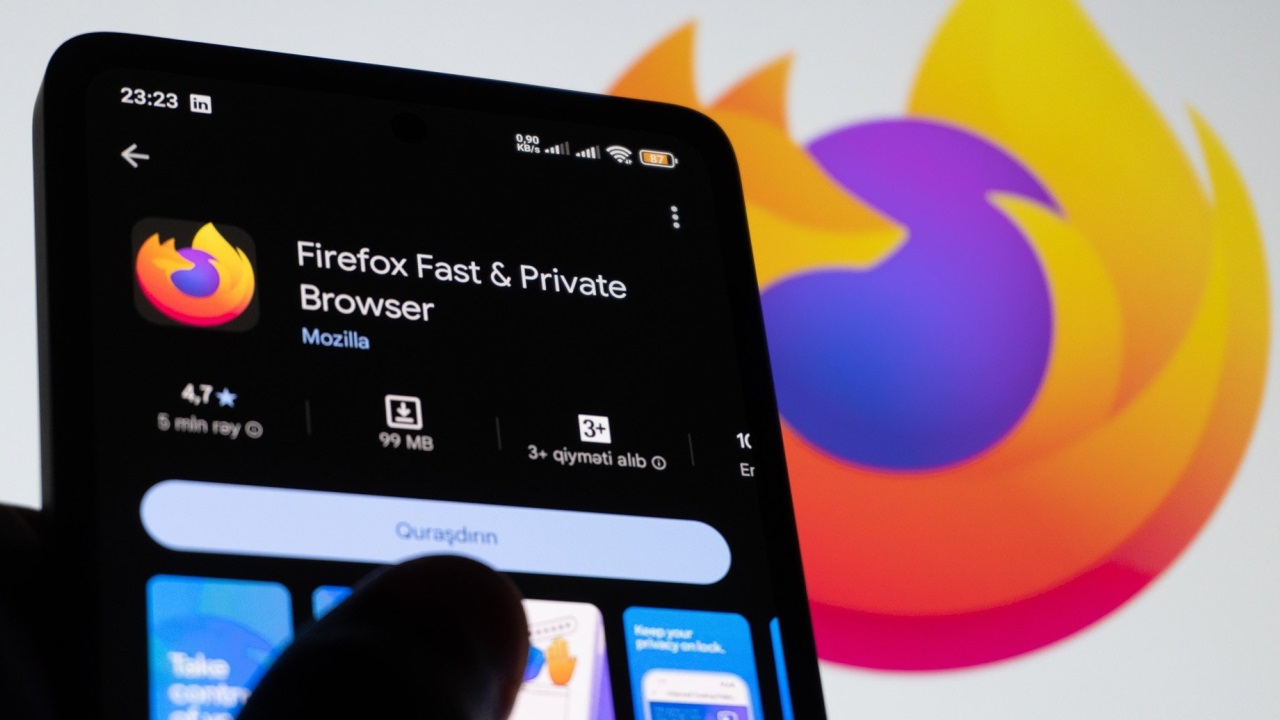Mozilla is currently testing the VPN feature with a random selection of users. This means not everyone will be able to use it immediately. The company plans to expand the feature in the coming months, but it will follow a phased rollout.
Users who want to access Firefox VPN must create and log in to a Mozilla account. Installation can then be done via the VPN icon that appears in the browser’s toolbar. Once installed, users can turn the connection on or off from the VPN panel.
Only Covers Firefox Traffic
The new VPN only protects internet traffic within the Firefox browser. This means that background applications, torrent clients, or other services cannot benefit from this protection.
Mozilla emphasizes, however, that the service has no speed or usage limits. In this respect, Firefox’s solution is more advantageous than Microsoft Edge’s VPN, which imposes a 5GB monthly limit.
While Firefox VPN enhances online privacy by hiding your IP address, it doesn’t offer the same freedoms offered by paid services like NordVPN or ProtonVPN. According to Mozilla, the tool automatically connects to the highest-performing server nearby. This means you can’t manually switch to servers in different countries.
Therefore, it’s not possible to use this VPN for purposes like accessing Netflix’s foreign libraries, bypassing regional restrictions, or bypassing country-based censorship. Mozilla states that this service was primarily developed to provide a secure and anonymous browsing experience.
Mozilla says the free VPN runs on the same servers as its paid VPN service. Sharing similar infrastructure with the company’s $4.99-per-month premium service suggests that the free version is built on a solid foundation in terms of security.
However, the free version lacks features like server selection, country switching, or multi-device support. Mozilla states that these limitations keep the service a “simple and fast privacy solution.”
Mobile Version Not Yet Ready
Firefox VPN is currently only available on desktop. Mozilla employees indicate on community forums that a mobile version is the next step. However, no specific release date has been released.
Mozilla’s free VPN move is heating up the browser race for privacy-focused services. At a time when giants like Chrome, Edge, and Opera are trying to attract users with their own VPN solutions, Firefox’s offer of a completely free, unlimited option is a notable move.
Still, Mozilla makes no secret of the fact that this service is a gateway to a premium alternative. It appears Firefox is gradually integrating its paid ecosystem into its platform as it raises privacy awareness.













